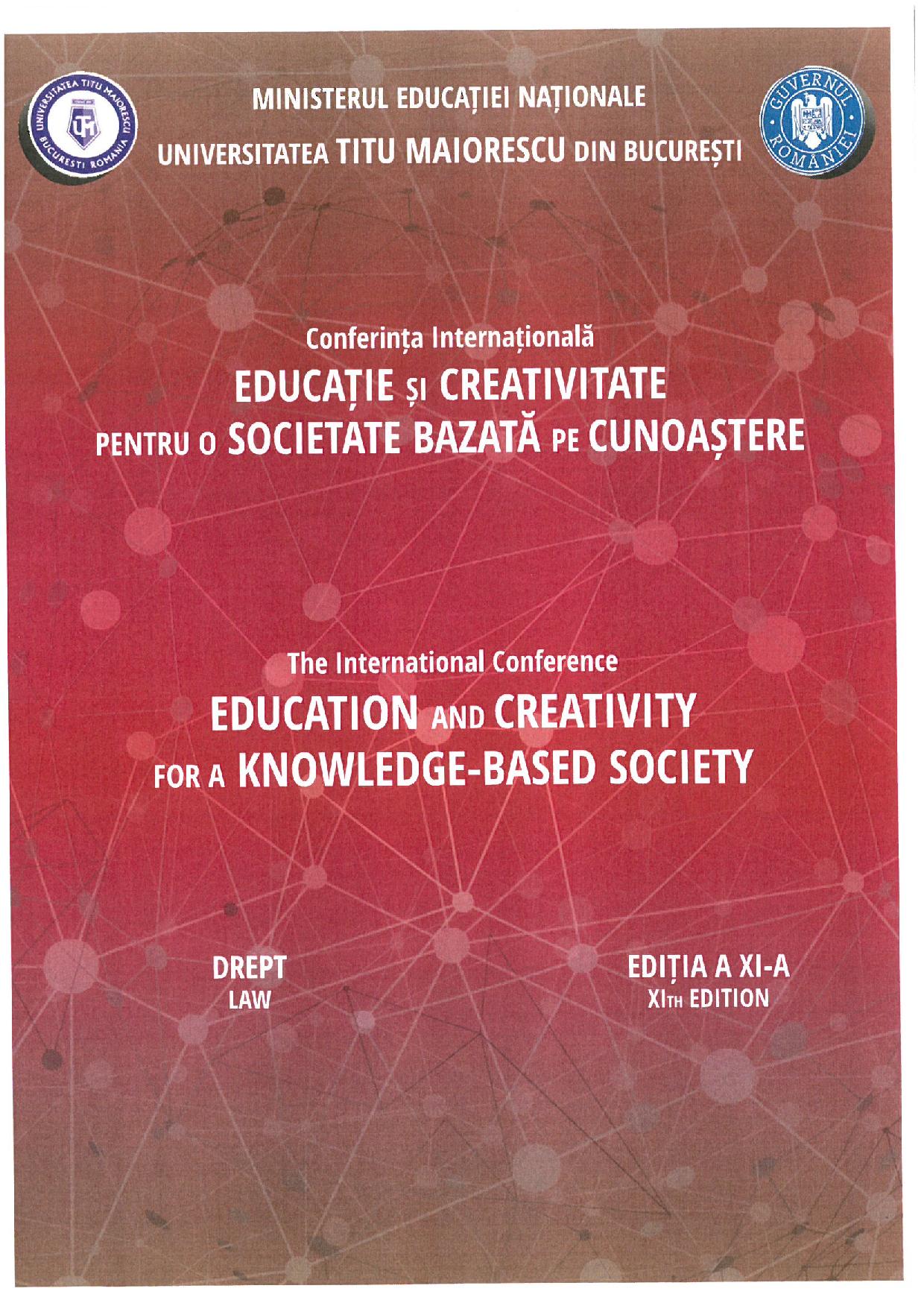PARLIAMENTARY IMMUNITY.
THEORETICAL AND PRACTICAL ASPECTS
PARLIAMENTARY IMMUNITY.
THEORETICAL AND PRACTICAL ASPECTS
Author(s): Titi SultanSubject(s): Constitutional Law
Published by: Österreichische Nationalbibliothek Wien/ Österreichisch-Rumänischer Akademischer Verein
Keywords: Parliament; immunity; inviolability; legal liability; political opinions;
Summary/Abstract: Protection of parliamentary mandate presents a very special meaning, it constitutes a guarantee of accomplishment of the constitutional prerogatives and, also, a prerequisite condition of state institutions functioning in the framework of constitutional democracy. As rightly, two great researchers and specialists in the field of parliamentary, teachers Pierre Avril and Jean Gicquel, believe that "the parliamentary mandate is a public position, under which each parliamentarian represents the whole nation, competing in the exercise of national sovereignty" [1], in the fundamental law of Romania in Article 2 paragraph 1 it is stipulated that "national sovereignty belongs to the Romanian people who exert it through its representative bodies, constituted through regular free and fair elections and also through the referendum." In this context, the correct understanding of the legal dimensions of the parliamentary immunity requires exact knowledge of the significance of this concept, the stipulations established in the legislation of the democratic states, so that the protection of the parliamentary mandate to be achieved in terms of increased responsibilities of those who were elected to carry out their - protected from any influence or interference, of personal interests - mandate that they've been invested with through free, regular and fair elections. Parliamentary immunity is well known in legal systems, especially regarding the diplomatic and consular right, a fact also mentioned in the preamble from the Vienna Convention in 1961, concerning diplomatic relations and the Vienna Convention in 1963, regarding consular relations. The Preamble of the Convention it is stated that the purpose of parliamentary immunity is "not to create advantages to individuals, but to ensure the efficient performance of their duties". Parliamentary immunity is intended to protect the members of the parliament against repressive or judicial actions that may be brought against them. This immunity represents the guarantees before any unfair actions from the administrative part, judicial part or from private individuals. In this regard and within these limits, parliamentary immunity involves certain derogations from the rules of the common law. The most important privilege is freedom of expression. In other words, for the expressed opinions, of the given vote and in general, they are not legally responsible for how they exercise their parliament deputy mandate. This parliamentary immunity is respected today with more scrupulosity. It applies to the principle of the parliamentarian irresponsibility for the acts committed within their mandate and during exercise thereof (speeches, questions, interpellations, motions for resolutions, presenting the reports, etc.), even if, in the meantime, the mandate has expired. PARLIAMENTARY IMMUNITY is a guarantee of exercising their mandate and not a privilege of the individual, much less a question of exemption from liability. PARLIAMENTARY IMMUNITY is the feature of the parliamentary mandate under which the parliamentarian is protected against possible pressure or abuses that would commit against his person and which ensures his independence, liberty and security of in exercising their rights and obligations which are assigned to him according to the Constitution and laws. Parliamentary immunity protects the mandate itself, reason why it is considered to be objective in nature [2].
Journal: Conferința Internațională Educație și Creativitate pentru o Societate Bazată pe Cunoaștere - DREPT
- Issue Year: XI/2017
- Issue No: XI
- Page Range: 157-163
- Page Count: 7
- Language: English

